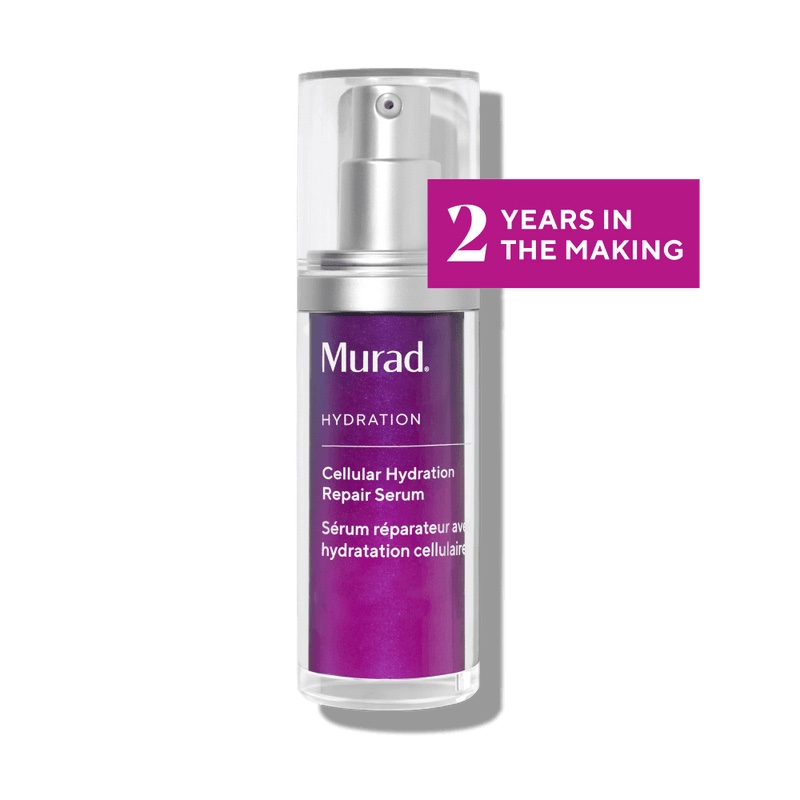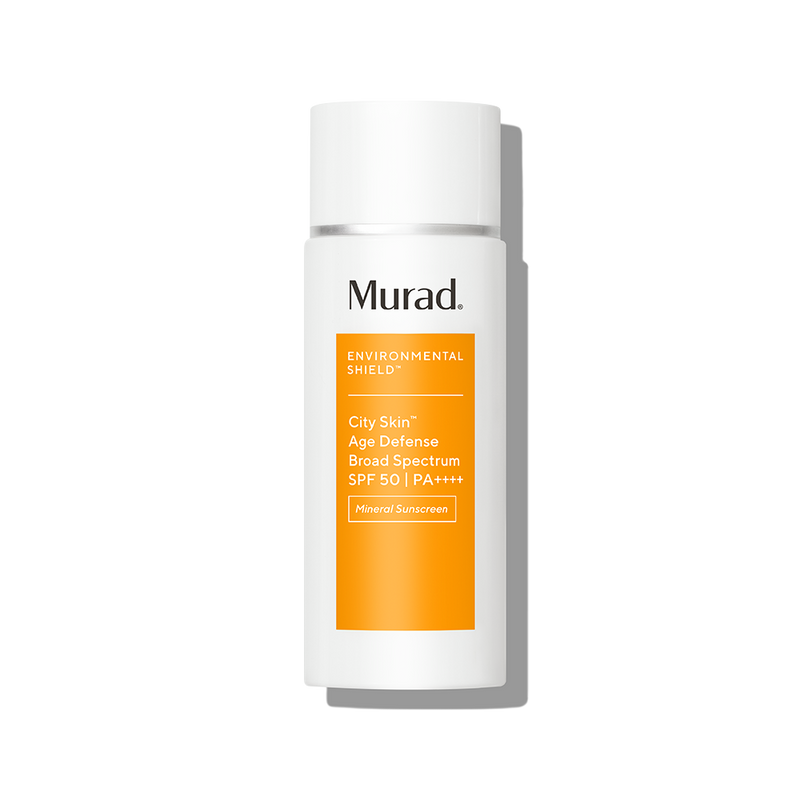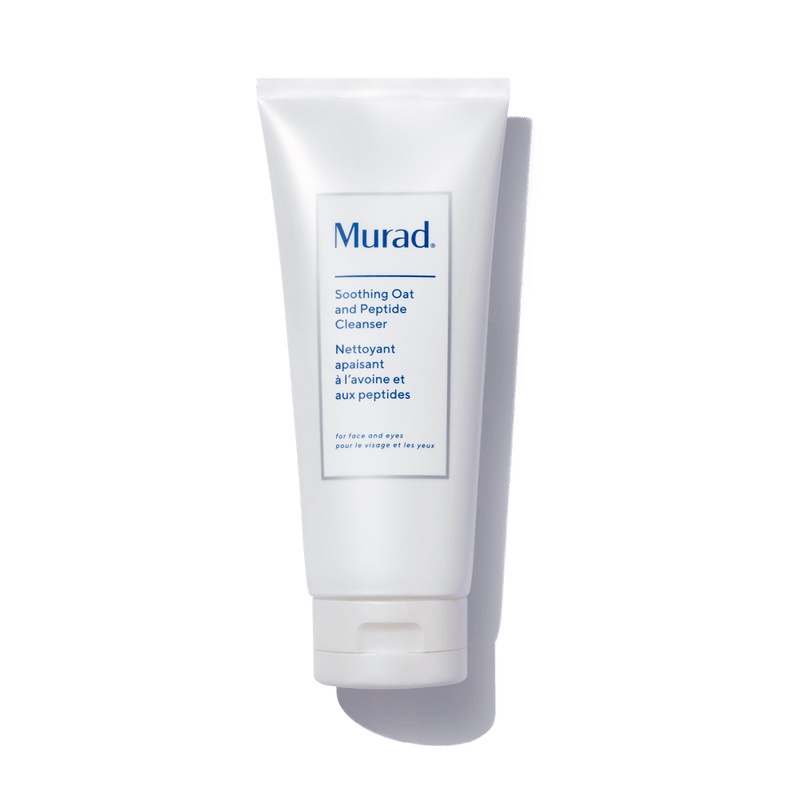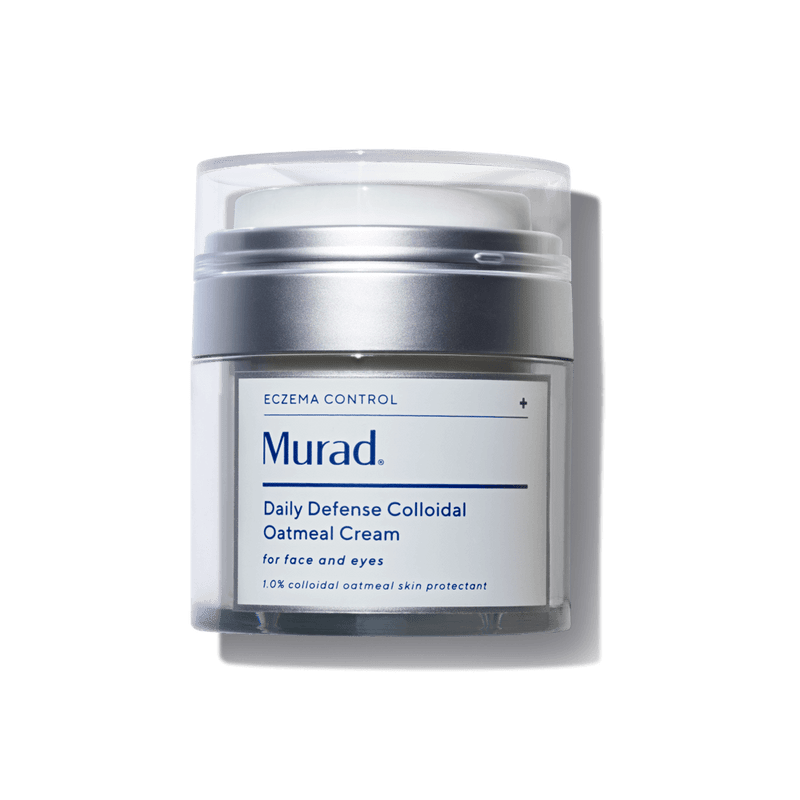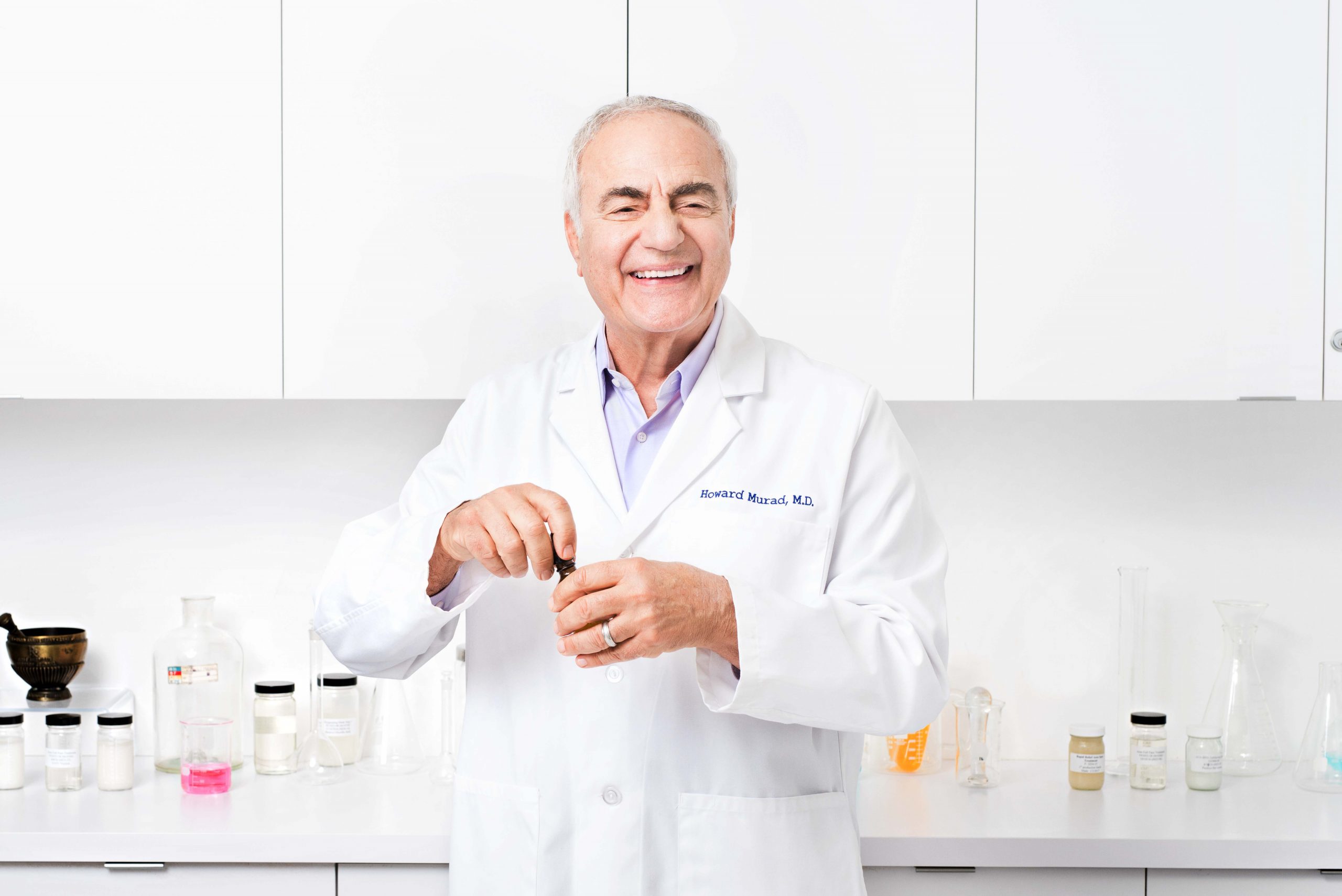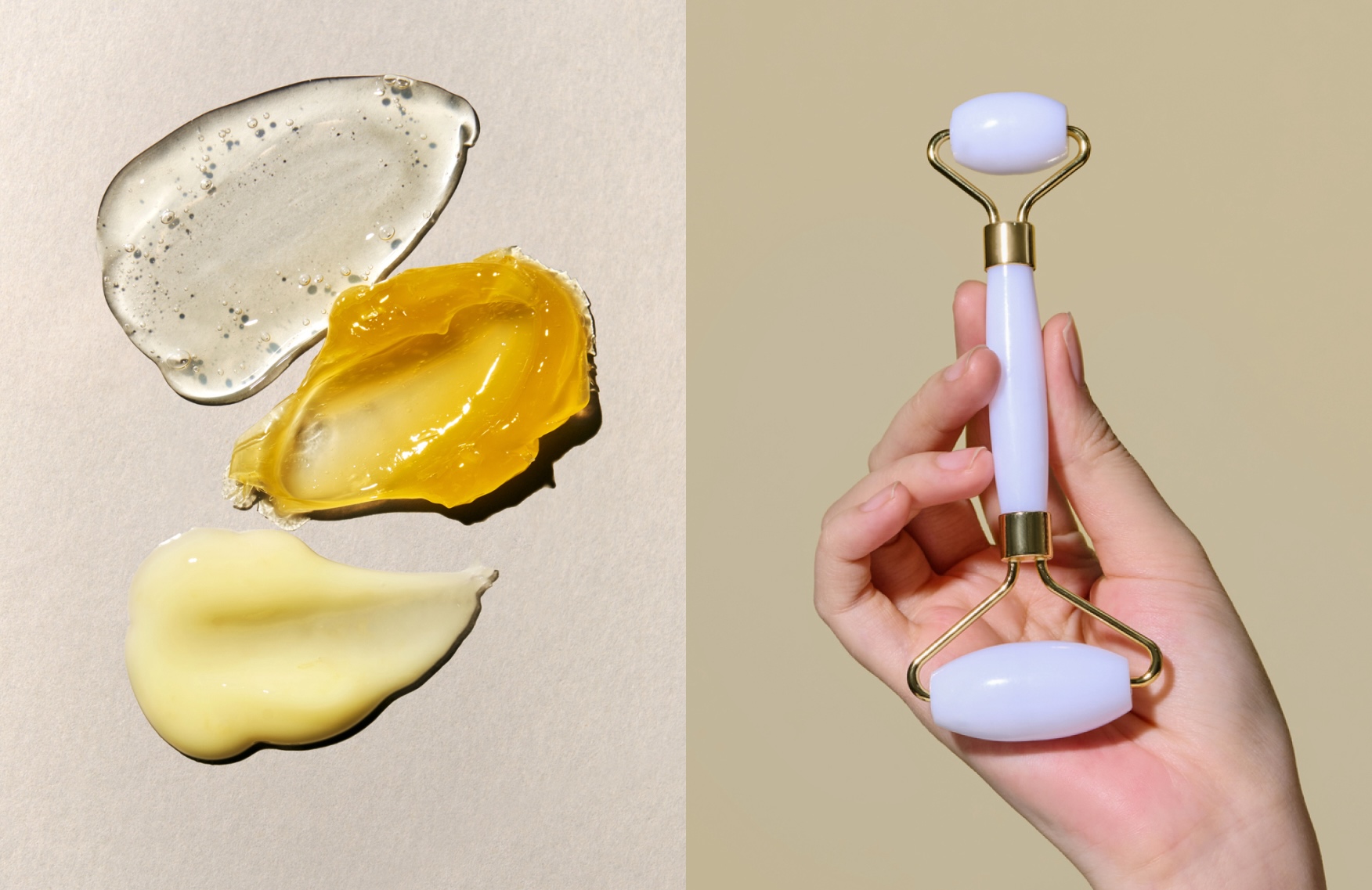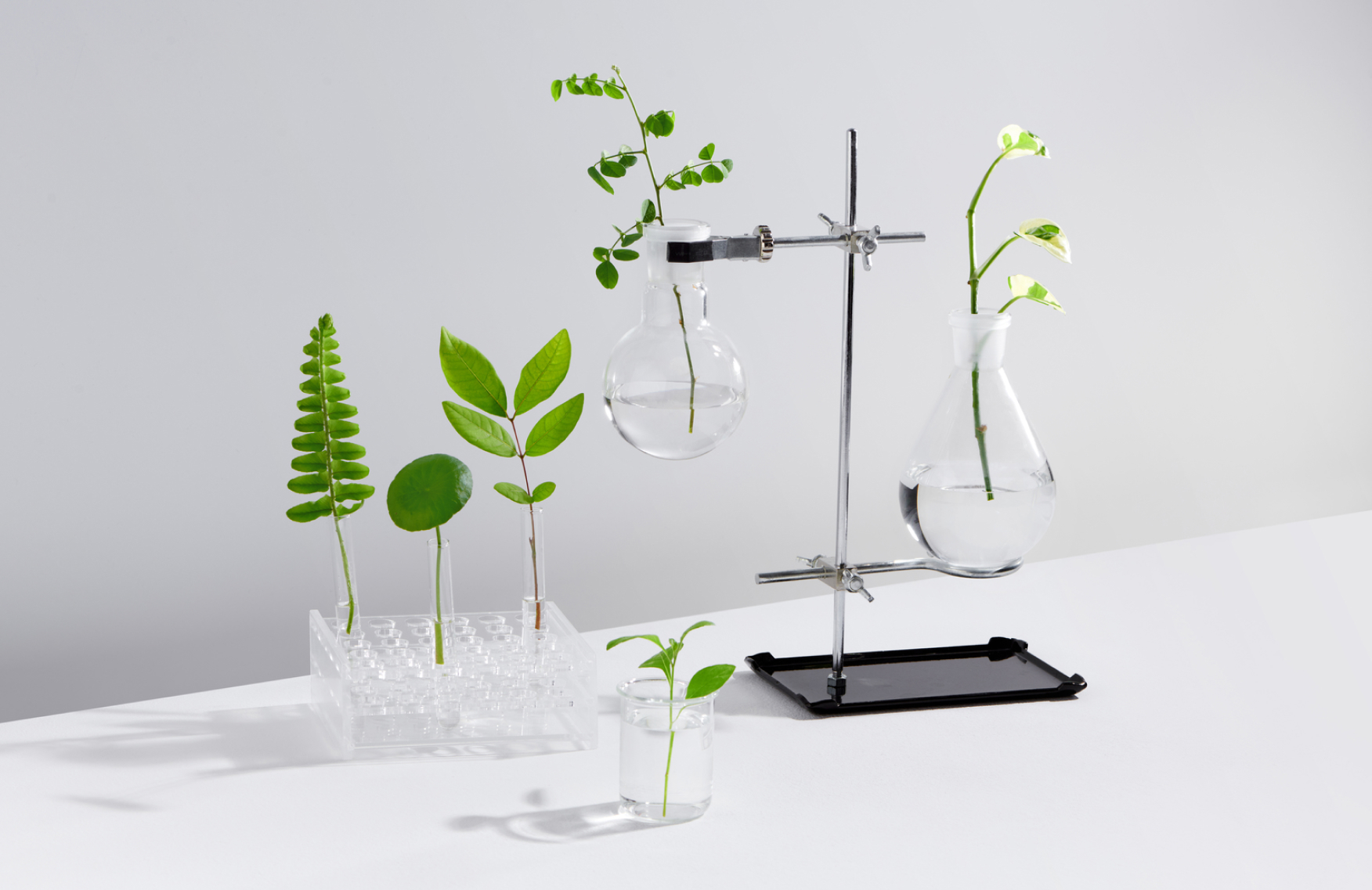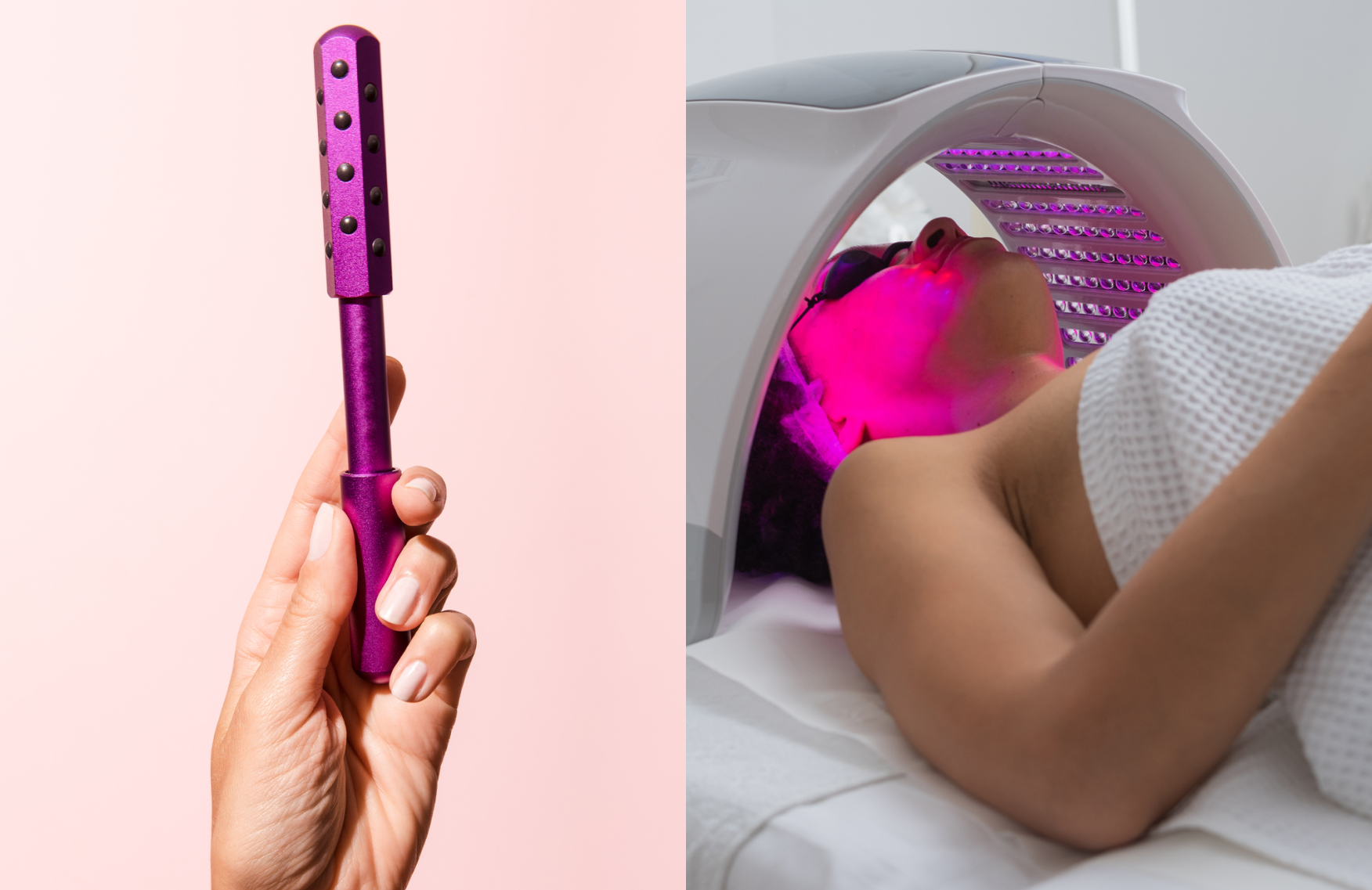How your skincare routine is helping your brain function better
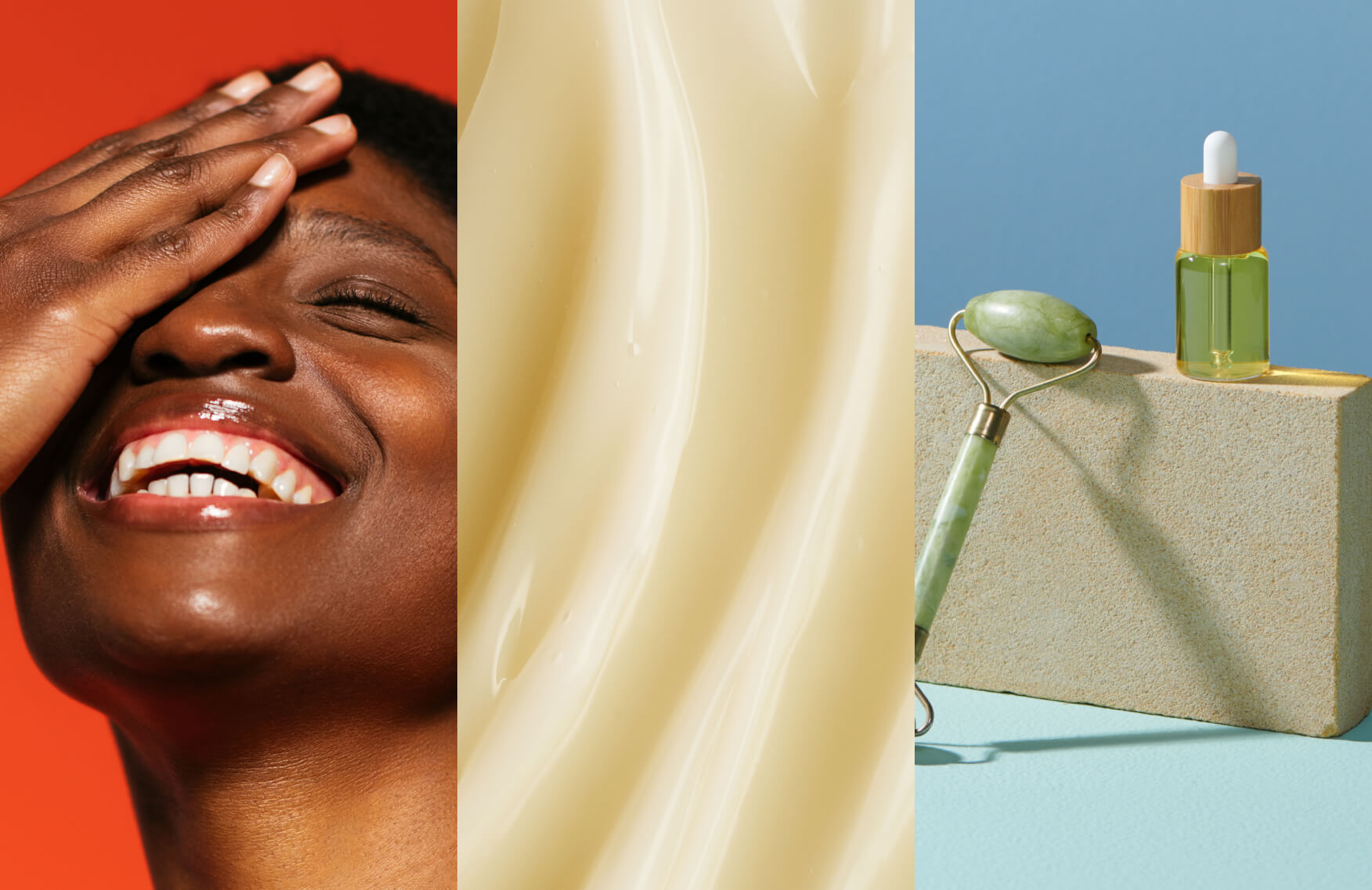
For many people, having a skincare routine is a selfcare ritual that helps them feel good. But did you know it can also protect and improve the health of your brain and increase self-esteem? From preventing age-related regenerative diseases and decreasing anxiety to soothing your nervous system and boosting your immune system, having a daily skincare routine is about caring for so much more than your skin. Here, board-certified dermatologist and Murad founder, Dr. Howard Murad, explains the science behind skincare as brain care.
Skincare = brain care
Your skin is your largest organ—covering every inch of you. A big part of its job is protecting your internal systems from external stressors—which means that your skin bears the brunt of a lot of external “insults” that can cause inflammation. This chronic, consistent, low-level inflammation has been linked to most of the chronic diseases affecting modern humans, including Alzheimer’s, cardiovascular disease and diabetes.
For years, scientists assumed that an overloaded immune system was the explanation for inflammation and its negative health effects, until dermatologists at UC San Francisco proposed a different explanation. They hypothesized that the inflammation might come from perhaps the one organ big enough that even minor inflammation could affect the whole body. “Skin is a good candidate for this because of its size,” explained Mao-Qiang Man, M.D, a research scientist at UCSF and senior author of the study the group published in the Journal of the European Academy of Dermatology and Venereology.
As our skin starts to deteriorate at around the age of 50, changes to its pH, its ability to retain moisture and damage to its permeability barrier also can cause it to release inflammatory cytokines. (Although cytokines are small proteins that signal the immune system to get to work, when there are too many, or they are constantly present, the immune can “over function,” with adverse health effects.) This chronic, low-grade inflammation can increase the risk of age-related degenerative diseases, including heart disease and Alzheimer’s.
However, the study’s authors also showed that skincare—specifically, twice daily application of an over-the-counter skin cream formulated with cholesterol, fatty acids and ceramides that had previously been shown to contribute to skin repair—was able to reverse cytokine levels and return them to levels nearly equivalent to people in their 30s.
The connection between skincare and your self-esteem
Your body is composed of interrelated systems, meaning that taking care of one system will positively impact the entire body. More specifically and significantly, your skin and your brain are intimate members of the NICE—neuro-immuno-cutaneous network. (Immuno is Latin for skin, and endocrine is Greek for hormone). NICE is a multidirectional web of communications that enables you to respond to both internal and external stimuli: You think, you feel, your skin responds—and vice versa.
For example, our nervous system communicates to our skin what is happening internally and this can cause blushing, hives, an eczema flare-up, the release of hormones and, correspondingly, boost or drain your immune system. Conversely, your skin reports to your mind what is happening externally and this affects your mental state, which can trigger the release of hormones (the endocrine system) and often either boosting or draining your immune system.
When you take the time to care for your skin, you’re building up its protective barrier, which helps skin to protect the rest of your body from burns, scrapes and scratches, but also from toxins and inflammatory agents—including inflammatory agents that affect the brain. At the same time, skincare also sends soothing messages to your nervous, immune and endocrine systems. This care can take the form of a relaxing a bubble bath, an invigorating, exfoliating brush or sugar scrub, a deeply nurturing facial, the application of oils, lotions and other moisturizers, sunscreen and more.
In addition to being the package that keeps us all together, our skin is the “face” we present to the world. We all feel better when we’re able to present our best “face,” and conversely, our self-esteem naturally suffers when acne, eczema or other skin flare-ups prevent us from doing so. That’s why In a 2014 National Rosacea Society survey of 1,675 patients with rosacea, 90 percent reported lowered self-esteem, 54 percent reported anxiety and 43 percent reported depression as a result of their skin condition. More than half said they avoided face-to-face contact—either because they were ashamed of how they looked, or they feared being judged by others. So when our skin looks good, we tend to feel better about ourselves. A 2019 survey by InStyle magazine found that a full 76% of women, regardless of age, felt good about themselves if they thought their skin looked good.
The views expressed in this article do not necessarily represent the views of Murad, and are for informational purposes only, even if the advice of physicians and medical practitioners are included. This article is not a substitute for professional medical advice, diagnosis or treatment, and should not be considered specific medical advice.
References for this information:
Journal of the European Academy of Dermatology and Venereology, March 2019
National Rosacea Society, January 2014
InStyle, October 2019
